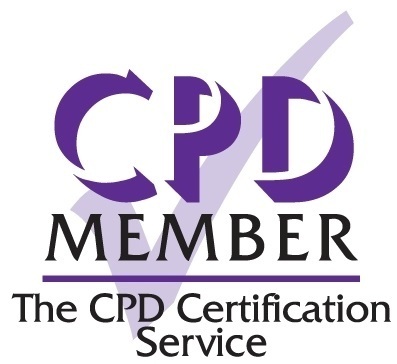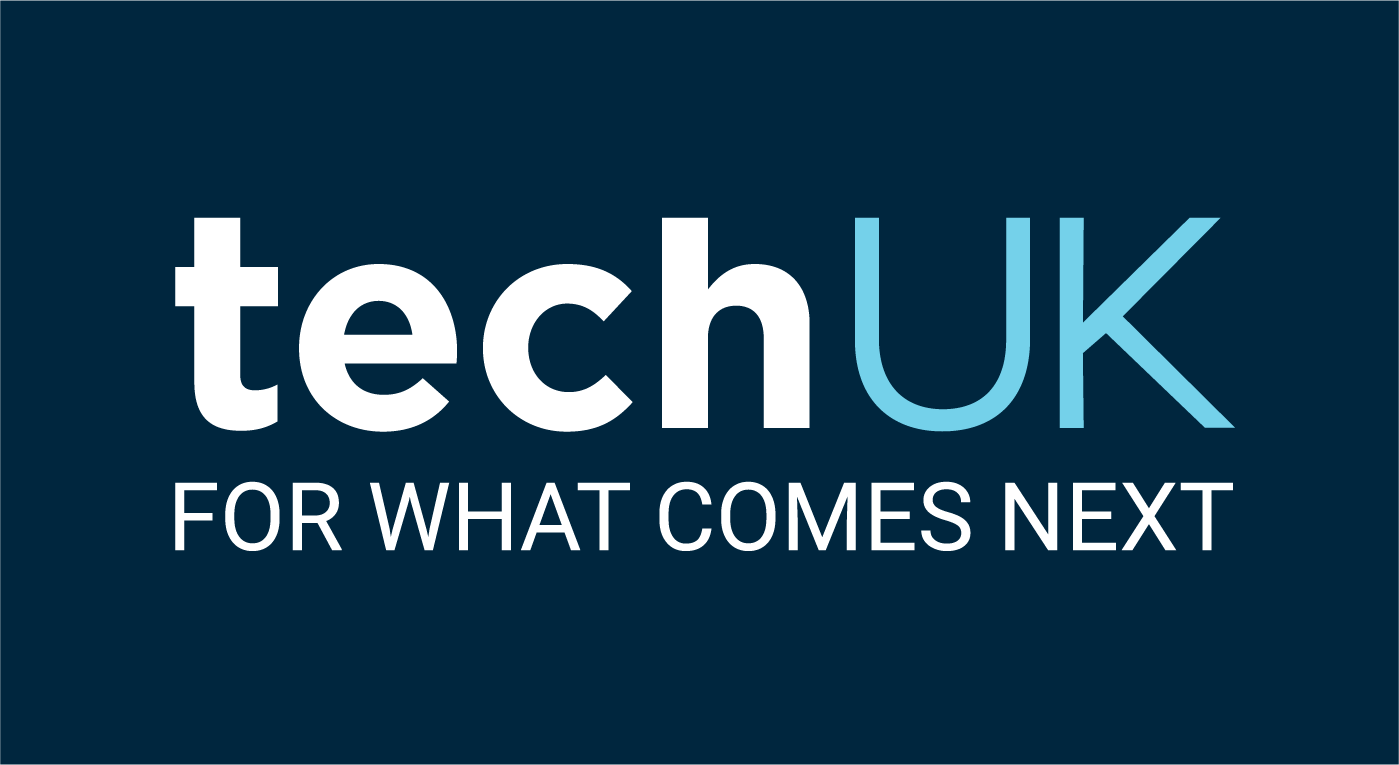
Digital health change & training – the 5 levels of good learning and adoption
These days most digital health programmes, large or small, allow time and resources for training. […]

Technology has been fundamental to the way healthcare organisations have responded to the Covid-19 crisis. Many organisations are recognising the need to build on this momentum and ‘lock-in’ the changes. However, there are many facets to the impact of Covid-19, which will require us to take a fresh view of our digital priorities and identify new opportunities for digital transformation.
Here are six reasons why we should start reviewing and refreshing our digital healthcare strategies:
1. Responding, recovering, resetting
The immediate response to the crisis was to keep people safe and essential services operating. Organisations have since been working hard to restart activity and stabilise business. Bold digital strategies are required to incorporate learnings from rapidly deployed solutions, to re-establish and realign clinical services, to address the changing needs of the workplace and communities, and align with new business and operating models.
2. Addressing inequalities
The pandemic has highlighted the reality of inequality in our communities. There is evidence that some groups of people are more vulnerable to Covid-19, including disproportionate mortality and morbidity amongst black, Asian and minority ethnic people. While the NHS Long Term Plan has been a strong driver for Population Health Management, the need to adopt this model has become more urgent.
Not only can a population health approach help to target and protect the vulnerable from Covid, but it will also allow health economies to plan services more effectively, prevent illnesses placing further strain on the health system and build a more resilient population. Identification of clinically and socially vulnerable citizens requires a well-orchestrated approach to integrated health and social care systems, data-driven intelligence, underpinned by sound governance and infrastructure.
Digital strategies may also want to help address the variation of digital literacy and inclusion of staff and patients in our populations, as well as the variation in digital maturity of some organisations such as care homes.
3. Supporting out of hospital care
We will see an even greater emphasis on out of hospital care with the persisting risk of infection, reduced capacity, and winter pressures. Community-based care has many implications for digital strategies – workforce tools to support non-face-to-face consultations, mobile working tools for community-based staff, infrastructure and cybersecurity.
More extensive information sharing with community-based health and social care providers, including Community Pharmacy, voluntary sector, social prescribing link workers, Primary Care Networks, and mental health staff will have implications for integration strategies.
Apps to support patient self-care and innovative remote rehabilitation tools are providing a means for people to manage conditions and recover at home without unnecessary trips to the hospital. 111 services will become a triage point to ensure patients are directed to appropriate services, reducing footfall in ED and General Practice, and requiring greater integration between systems.
4. Dealing with the backlog
Digital expertise, tools, and platforms are essential to support the shift in supply and demand modelling as waiting lists grow and we redefine capacity. Strategies will also consider the use of technology and tools to support demand for services such as distributed workforce platforms (e.g. diagnostics), virtual consultations and Artificial Intelligence (AI).
5. The value proposition
The need to demonstrate efficiencies and value for money will become more significant. However, efficiency priorities may need to be revised to reflect the impact of Covid, and also should not compromise resilience.
Digital strategies can identify new and innovative opportunities to automate workflows, releasing staff time for patient care, or retraining and redeploying staff. With the shift in the utilisation of spaces and workforce due to digital interventions, we will need greater alignment between Digital, Estates and Workforce strategies.
6. The bigger picture
Healthcare systems may need to reset ambitions aligned with the local economy, society and environment with greater collaboration with institutions such as universities, science, local government and public services. The NHS Confederation sees a vital role for the health and care sector in the broader economic and social recovery of local places requiring a data-driven network of health and social care bodies. [i]
Many deliverables of current strategies may not change but instead will be adopted at a faster rate – telemedicine, remote working, integrated care records. However, the way we deliver these, understanding the context and our population and services will change. How we collaborate, communicate, innovate and share our learnings will be essential for success.
[i] https://www.nhsconfed.org/resources/2020/07/the-role-of-health-and-care-in-the-economy

These days most digital health programmes, large or small, allow time and resources for training. […]

There are 5 critical paths required for a successful EPR implementation and many potential blockers […]

There are many challenges in data validation in the mental health space, with the need […]
“Ideal were a valuable partner as we engaged operational teams to translate our high-level ambitions into a meaningful vision and digital objectives. Their impartiality and customer focus meant they were able to communicate clearly with colleagues, identify common problems, and sensitively move past stress and ‘pet peeves’ to get to the heart of the difficulties our teams were experiencing in accessing the right information day to day”
“Ideal has an excellent reputation as a top-class training provider working exclusively in the health sector. With their experience and demonstrable track record in delivering IT training solutions to NHS organisations, Ideal was the clear choice for BT and Connecting for Health”
"A big shout out to the Ideal Health team for being super friendly, flexible, and approachable. The more we work together, the better it gets. Familiar faces become part of the Go-Live team, learning the geography and culture of the organisation. Including the Ideal Health management team behind the scenes, we always feel fully supported with a "can-do" attitude that helps us make improvements every Go-Live. For those returning for the March Go-Lives, I look forward to working with you again!"
“Perot Systems has worked with Ideal on provision of floor walking services to support large scale Cerner implementations. The success of the implementations and the smooth execution of the go lives have rested significantly on the success of the services that Ideal Training provide. The staff themselves are extremely knowledgeable in both the product and the NHS operations they support with specialist SME’s provided as demanded”.
“The trainers supplied by Ideal did a very thorough job in preparing staff at the Royal Free, including adapting the programme to meet the needs and availability of the consultants. The trainers further enhanced the service by gathering information from the shop floor and feeding back to the training team. We were delighted with the service we received from Ideal”
“For the implementation of our EPR+ programme, the Trust needed a partner who we were confident could help us successfully deliver the system. Ideal demonstrated an approach which married up to our requirements”
“We recognised the enormous impact a good floorwalking team has on the success of project implementation. With Ideal Training’s previous track record and experience in Cerner implementations, we felt confident in the service offered and would certainly consider working with them in the future”
“The trainers Ideal provided have been brilliant. They not only provided the highest quality training and feedback, but were always prepared to go the extra mile when needed. Thanks for helping develop a relationship that we can rely on and when we’re looking for capacity to roll out the rest of eRecord we’ll be on the phone. Look after the trainers we’ve had – they’re a great bunch”
“Ideal made a big difference. By using Ideal as the foundation of our floorwalking support, and augmenting this with Trust staff, we were able to ensure a constant, capable presence with our end-users 24/7. This would not have been possible without Ideal and reduced the impact on the wider Trust saving us from having to pause additional activity.”
“Ideal's Digital Maturity review has enabled us to refocus our Digital and Data Strategies post-Covid, appreciating which shared and individual activities could support our ambitions for digital healthcare in our area. We are now taking the recommendations forward via a series of workshops across ICS partners to reprioritise and plan our next phase of activities”
“Ideal demonstrated great agility in supplying experienced support for the Trust’s EPR requirements and mapping exercises. They showed great flexibility in meeting the Trust’s needs, clearly articulating the approach and costs associated. This coupled with advice and experience enabled the ‘As Is’ and ‘To Be’ processes mapping to complete to time and quality”
“We were most impressed with the calibre of floor walking staff supplied by Ideal. They were highly professional in their approach and demonstrated a fully comprehensive understanding of the system”
"Ideal Health contributed towards the success of our Apollo Programme. They provided a team of 100 trainers who collaborated with our programme leaders and trainers to develop training materials aligned to our training strategy. Together, they created 800 engaging e-learning modules and delivered face-to-face training to over 30,000 staff across multiple locations. This comprehensive approach ensured that our workforce was well-prepared for the Epic programme's go live."
“The E-Learning Development Manager from Ideal worked closely with my Training team to develop e-learning content for Maternity. The modules delivered were concise, thorough, and easy to absorb. The structure was clear, logical and effective, and included elements of interactivity and video. There has been a lot of praise by the SMEs and staff regarding the high quality of the work produced on a very complex specialty. I found working with Ideal to be a very positive experience. I would highly recommend for any related work”










